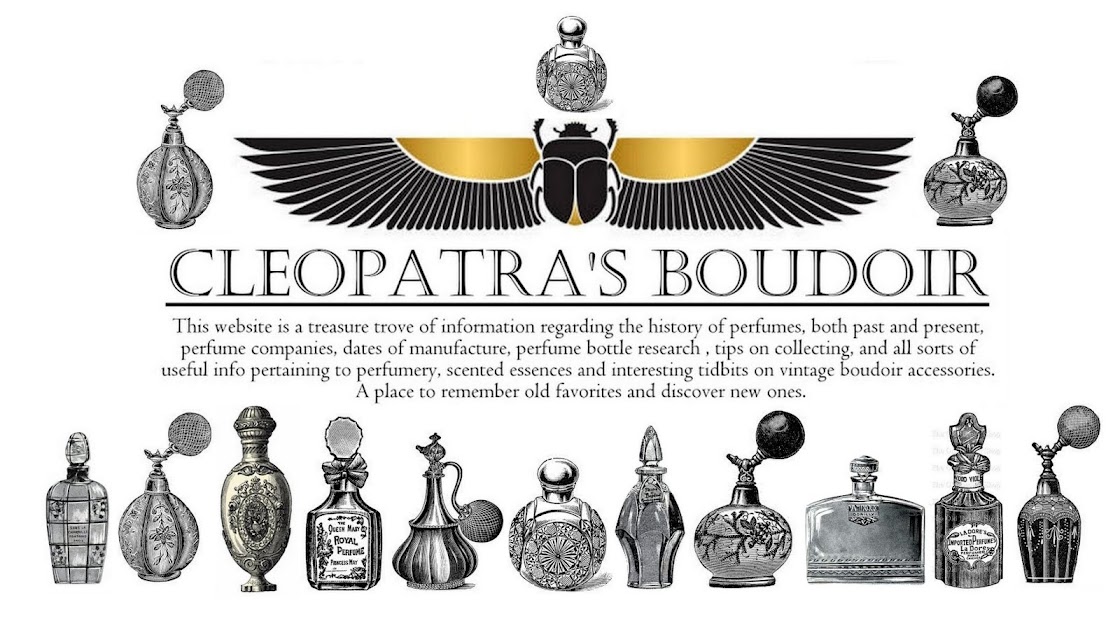The following posting is based on historical and relevant perfume information on Black Americana/Memorabilia and is not intended to offend or upset anyone, but rather used as a reference guide.
Black Americana themed perfume bottles remain some of the lesser known collectibles on the market but are slowly gaining in popularity. Once thought of as offensive, they are now being seen as important historical Black Memorabilia and collectors of all races seem to enjoy the little caricatures that were at one time based on stereotypes. Perfume bottles, related trade cards, perfume labels, powder boxes and other related items would look interesting when all grouped together in a vignette.
I apologize in advance for any missing photos. They did not migrate successfully from my old website.
Black Americana themed perfume bottles remain some of the lesser known collectibles on the market but are slowly gaining in popularity. Once thought of as offensive, they are now being seen as important historical Black Memorabilia and collectors of all races seem to enjoy the little caricatures that were at one time based on stereotypes. Perfume bottles, related trade cards, perfume labels, powder boxes and other related items would look interesting when all grouped together in a vignette.
I apologize in advance for any missing photos. They did not migrate successfully from my old website.















